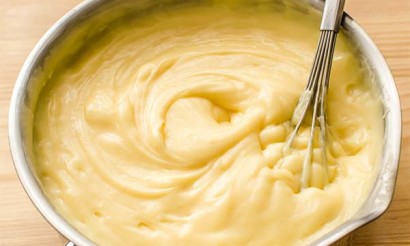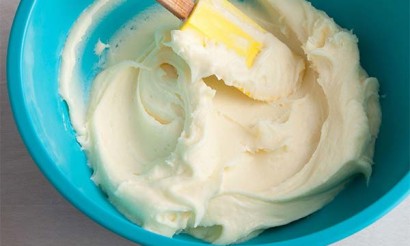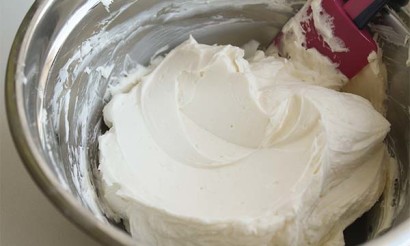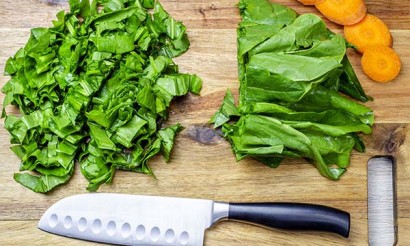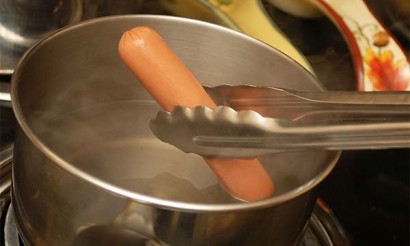Unhealthy eating habits that affect digestion
Did you know that drinking water and drinks while eating can affect digestion?
- Drinking water dilutes gastric juices and affects digestion
- Drinking water affects stomach motility and digestion
- Can I drink small amounts of water during meals?
- Eating habits that affect digestion
- Eating with emotion
- Eating, watching TV, and cell phone use
- Eating too quickly
- Drinking tea immediately after a meal.
- Drinking cold drinks and desserts right after a meal
Drinking water dilutes gastric juices and affects digestion
Digestive function depends mainly on gastric juice. Gastric juice contains stomach acid. It can carry out the primary digestion of some of the proteins, fats, and starches that a person eats. The concentration of stomach acid is very important for digestive function.
If we drink a lot of liquid during a meal, it will imperceptibly dilute the gastric juice. After dilution, the concentration of gastric juice will decrease, and its decrease will affect the digestion of some foods and the breakdown of proteins and fats.
Drinking water affects stomach motility and digestion
Fluid during a meal will not only dilute gastric juices, but also affect gastric peristalsis.
The digestive function of the stomach depends on gastric motility. During the peristaltic process, the food we eat becomes chyme. If you drink a lot of water, the stomach expands imperceptibly.
After the stomach expands, the peristaltic function is also weakened. Therefore, drinking while eating has a definite effect on digestion.
Is it okay to drink small amounts of water during meals?
Yes, but do not overdo it! Drinking water with meals does affect your digestive system, but that does not mean that you cannot drink water with meals at all, but you need to control the amount you drink.
It is usually recommended to drink one small cup of water of 100-200 ml.
A glass of 300-400 milliliters of water is too much.
That said, it is not recommended to drink large amounts of water half an hour before a meal and half an hour after a meal.
Eating habits that affect digestion
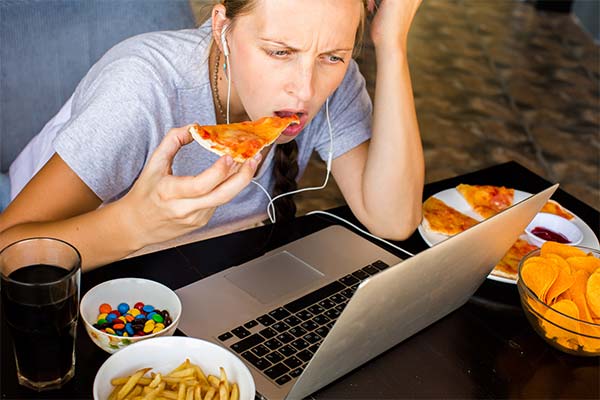
Eating with Emotion
Staying in a good mood can create a relaxed dining atmosphere that promotes the secretion of human digestive juices, as well as food consumption and digestion.
In contrast, if you bring sadness, anger, panic and other bad emotions to the table, it will affect appetite, digestion and digestion. The habit of eating reluctantly is also a detriment, and easily causes stomach fullness and even pain, which is unhealthy.
Eating, watching TV and cell phones
Most people may think that digestion and absorption are just the work of the gastrointestinal tract, and that's a big mistake. The entire process of digestion and absorption is innervated by the autonomic nerves, and the autonomic nerves are controlled by the cerebral cortex. If you watch TV while eating, the secretion of digestive juices will decrease, which will eventually lead to gastrointestinal dysfunction.
Eating too fast
If you eat too fast, the food is not chewed and not sufficiently digested, which is also torture to the stomach. Food enters the gastrointestinal tract without adequate chewing, causing strain on the digestive organs. In the long run, this leads to poor digestion and absorption, symptoms of weight loss, gastrointestinal discomfort and even gastritis.
Tea right after a meal
Many people think that drinking tea after a meal is a kind of pleasure and tradition, but drinking tea right after dinner is a bad habit. It is better to drink tea one hour after the main meal.
Once the tannic acid in tea enters the gastrointestinal tract, it suppresses the secretion of gastric and intestinal juices, which can easily cause stomach upset. Tannic acid combines with protein in meat, eggs, soy products, dairy products and other foods to form a tannin protein with an astringent effect that can weaken intestinal peristalsis, easily lead to dry stools and cause constipation.
Eating cold drinks and desserts right after a meal
Eating a cup of about 100 grams of ice cream after a meal will lower your stomach temperature by 10-15°C, cause your stomach to contract, reduce gastric juice secretion and slow down digestion. It seems very comfortable in the mouth, but it takes the stomach 30 minutes or more to resume normal function, which can cause upset stomach, affect nutrient absorption and even bloating and diarrhea.
So, if you have these eating habits too, change them quickly!
«Important: All information on this site is provided for informational purposes only. purposes. Before applying any recommendations, consult a health care professional. specialist. Neither the editors nor the authors shall be liable for any possible harm caused by materials."

